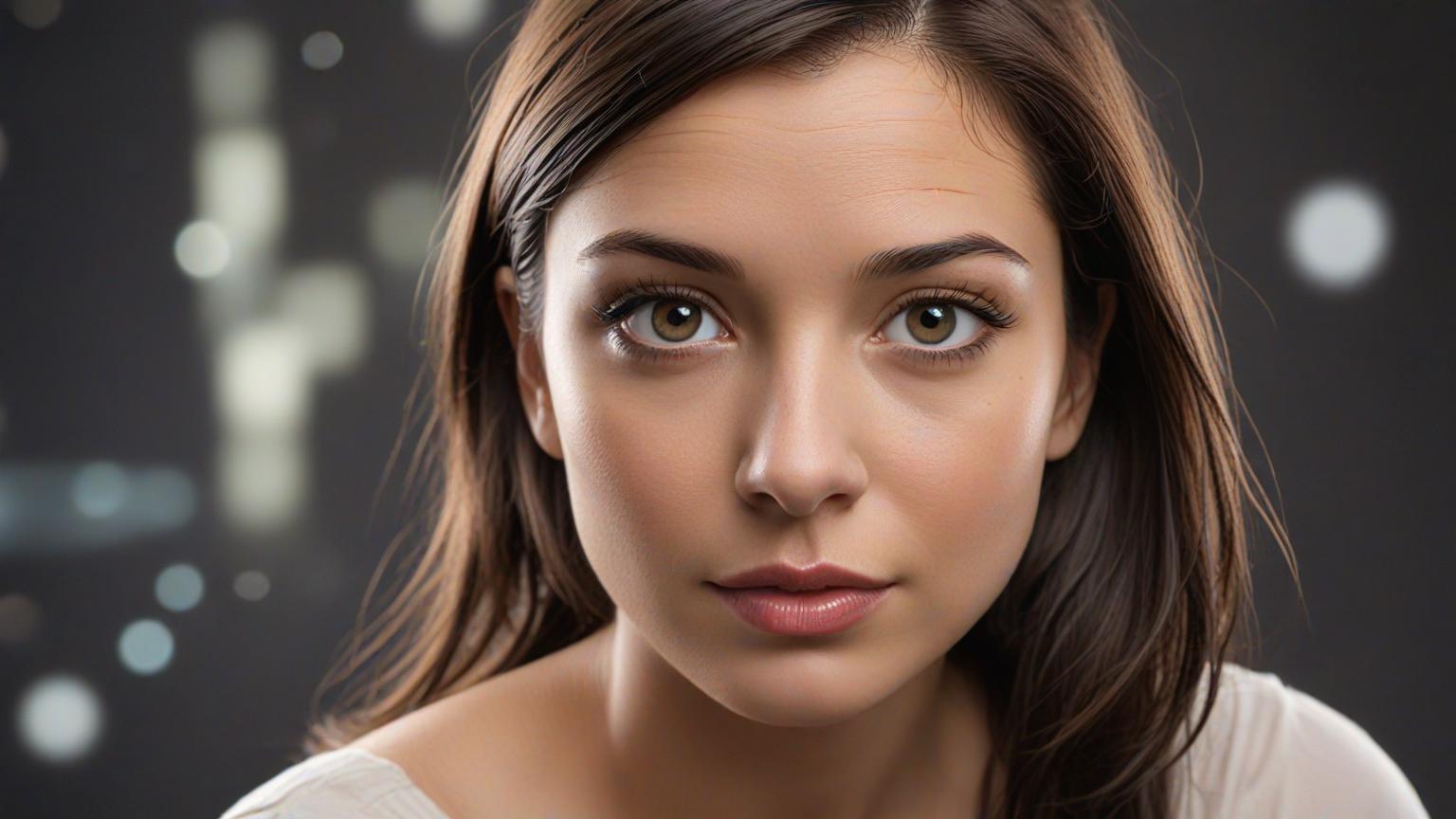As technology continues to break barriers in almost every field, Hollywood too is witnessing an overhaul led by Artificial Intelligence (AI). The film industry has always been a fertile ground for innovation, and currently, AI is the darling of technology enthusiasts and filmmakers alike. With tools that can write stories, create digital artwork, and enhance CGI, AI is on its way to becoming an indispensable element in the filmmaking process.
An essential function where AI has begun to make a significant impact is screenwriting. AI models like ChatGPT are being used to develop scripts by providing fresh ideas and dialogues, particularly for franchises in need of refreshing narratives. Many writers are cautiously optimistic, believing the role of AI to be complementary rather than competitive, ensuring human creativity remains at the forefront.
CGI and special effects are other sectors where AI diligence is being leveraged. Tools driven by AI are now able to generate hyper-realistic digital characters, making it possible to resurrect actors who have long passed or de-age them in a way that was once impossible. Marvel Studios, for instance, has been pioneering the use of AI for character design and set extensions, allowing for more immersive storytelling.
Despite the enthusiasm, there are ethical concerns and conversations around AI's involvement in Hollywood. One of the biggest questions is the impact on employment within the industry. While AI could take over repetitive and less creative tasks, there is fear of job displacement among technical roles. Similarly, questions around intellectual property rights are gaining traction. When an AI-generated script becomes a blockbuster, who should reap the rewards?
Moreover, the portrayal of AI in films is evolving. From malevolent AI systems in classics like "The Terminator" to more nuanced depictions in shows like "Westworld," Hollywood itself is redefining AI narratives that resonate with modern audiences. As these narratives become increasingly complex, it is interesting to note that AI might soon be a storyteller, interpreting its own place in human society.
Another intriguing frontier is in casting decisions. Algorithms capable of analyzing massive datasets can suggest casting choices based on industry trends and audience preferences. However, relying on AI for such decisions is met with skepticism over diversity and representation. Ensuring that AI systems are programmed with unprejudiced data is crucial to this debate.
Virtual production is where AI is arguably making some of the most exciting advancements. The use of AI in virtual sets is eliminating geographical and budgetary constraints, allowing filmmakers to shoot scenes in distant lands without ever leaving the studio. Projects like "The Mandalorian" have proven just how powerful virtual production can be, all thanks to intricate AI programs.
AI's involvement doesn’t end with production; it extends into marketing as well. Predictive analytics about box office success based on trailer reception and social media buzz are making advertising efforts more efficient. Consequently, studios can save millions by pinpointing their target audience.
The intertwining journey of AI and Hollywood is just beginning, and it raises fundamental questions about creativity and technology. Can AI ever genuinely share or understand the human experience it seeks to portray? While the answer remains elusive, this symbiotic relationship continues to flourish, pushing boundaries and redefining cinema as we know it.
In the years to come, as AI becomes more ingrained into every stage of the filmmaking process, from writing to releasing films, the industry will need to address both its potential and its pitfalls. Collaboration between technologists, artists, and ethicists will be crucial as we navigate this thrilling yet uncharted territory to ensure creativity and innovation go hand in hand with responsibility.
The Evolving Role of AI in Hollywood: From Screenwriting to CGI

